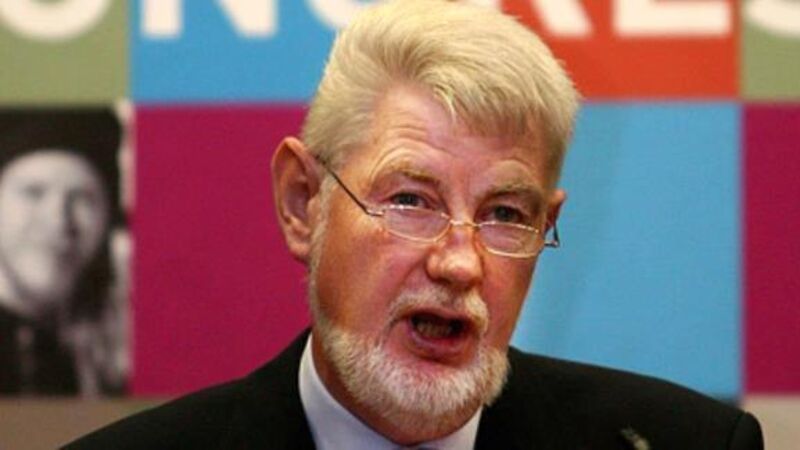Bank directors aimed to avert panic

Union and business group representatives on the bank’s board admitted the semantic moves yesterday.
Speaking to the cross-party banking inquiry about the 2008 economic meltdown, former Ictu general secretary David Begg and Ibec director general John Dunne accepted problems occurred.













